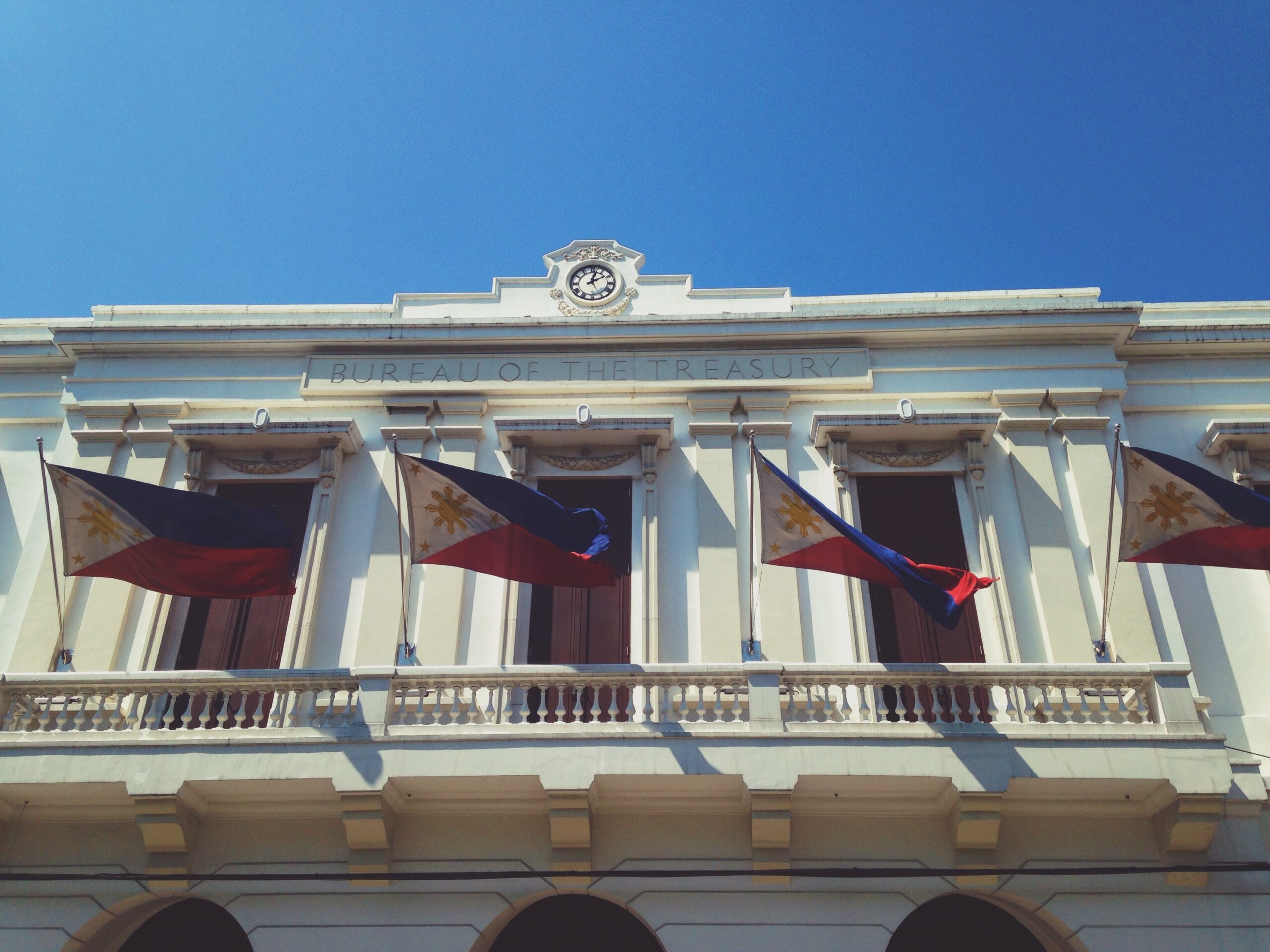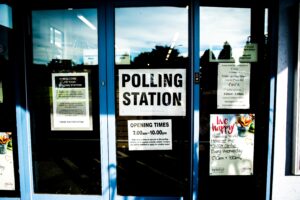Community information sharing is crucial to a government’s ability to respond to a disaster or a health emergency, such as a pandemic. In conflict zones, however, citizens and local leaders often lack trust in state institutions and are unwilling to cooperate, risking costly delays and information gaps. We report results from a randomized experiment in the Philippines regarding government efforts to provide services and build trust with rural communities in a conflict-affected region. We find that the outreach program increased the probability that village leaders provide time-sensitive pandemic risk information critical to the regional Covid-19 Task Force by 20%.

Sustained Government Engagement Improves Subsequent Pandemic Risk Reporting In Conflict Zones
- Post author:sdgpi
- Post published:Jan 25, 2021
- Post category:Research / SDG 16 / SDG 3 / Sustainable Development Goals




